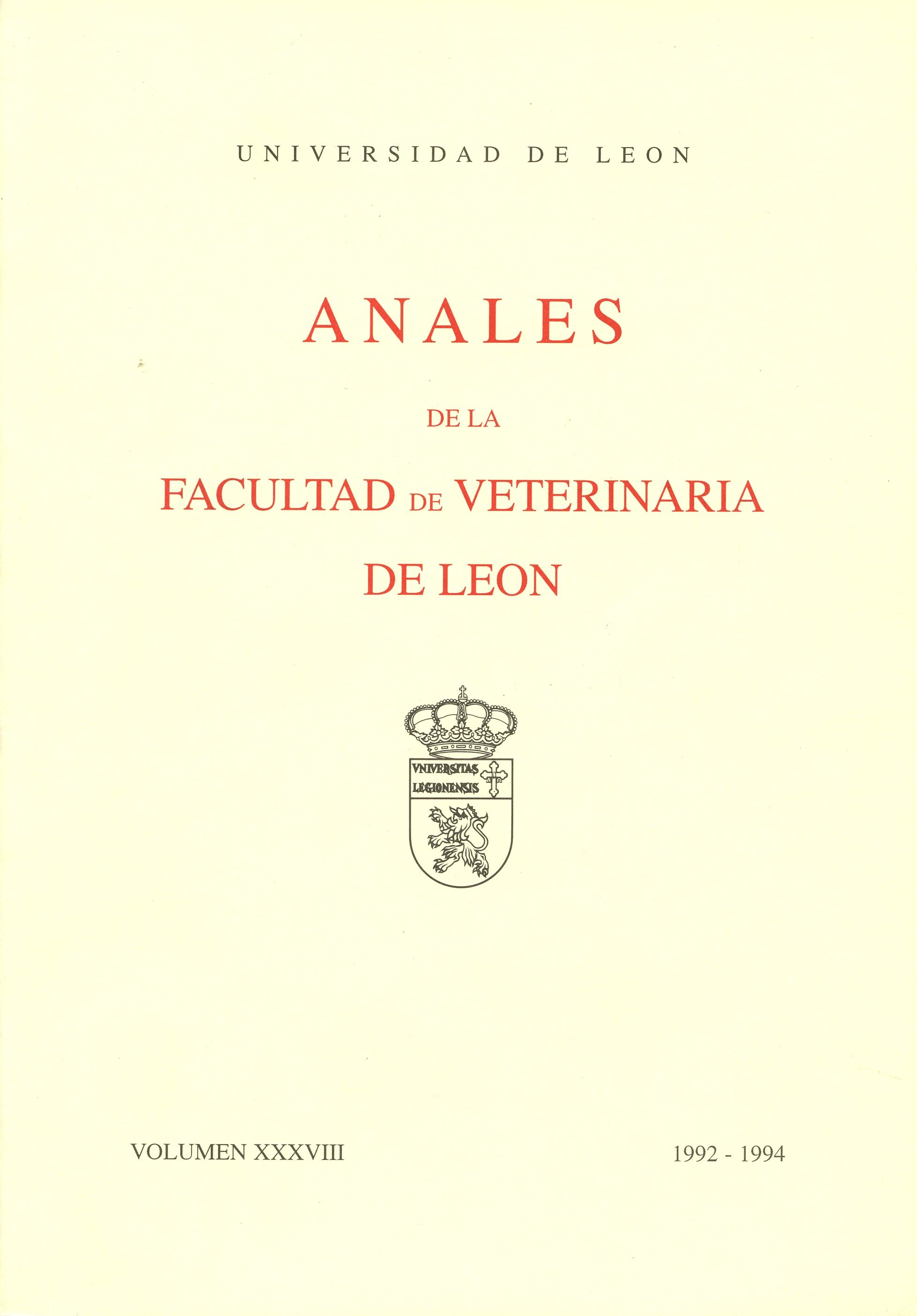Freswater crayfish research at the University of León, Spain
DOI:
https://doi.org/10.18002/analesdeveterinaria.v38.7859Keywords:
Freshwater crayfish, research, University of LeónAbstract
After the last great outbreaks of aphanomycosis in Europe, the need to produce astacids under controlled conditions has become obvious, in order to make the availability of animals for both restocking in natural habitats and for human consumption possible. Taking this situation into account, the aquaculture research team, at present located in the Department of Animal Production II in the Faculty of Veterinary Sciences in León, has been developing an overall research program including the study of astacids in natural habitats and restocking practices as well as the performance and improvement of techniques of controlled production, mainly focused on Pacifastacus leniusculus and Austropotamobius pallipes. Within this context, surviving populations from the aphanomycosis epizooty have been studied and restocking possibilities have been evaluated. With regard to culture techniques, the efforts point to the knowledge of the reproductive processes (mating, spawning, egg development), the improvement of the reproductive efficiency on maternal incubation, the performance of suitable techniques of artificial incubation, the design of systems for the storage and transport of eggs and the increase of juvenile survival and growth rates.
Downloads
Downloads
Published
Issue
Section
License
Copyright (c) 1994 Jesús Domingo Celada Valladares, María Sáez-Royuela Gonzalo, María Camino Muñoz Asenjo, José Ramón Pérez Blanco, José M. Carral Llamazares, Vicente Gaudioso Lacasa

This work is licensed under a Creative Commons Attribution-NonCommercial-ShareAlike 4.0 International License.
Los autores que publican en esta revista están de acuerdo con los siguientes términos:
- Los autores ceden de forma no exclusiva los derechos de explotación (reproducción, distribución, comunicación pública, transformación) a la Universidad de León, por lo que pueden establecer, por separado, acuerdos adicionales para la distribución no exclusiva de la versión de la obra publicada en la revista (por ejemplo, alojarlo en un repositorio institucional o publicarlo en un libro), con un reconocimiento de su publicación inicial en esta revista.
- Este trabajo se encuentra bajo la Creative Commons Attribution-NonCommercial-ShareAlike 4.0 International License. Puede consultarse desde aquí la versión informativa y el texto legal de la licencia.
- Se permite y se anima a los autores a difundir electrónicamente las versiones pre-print (versión antes de ser evaluada) y/o post-print (versión evaluada y aceptada para su publicación) de sus obras antes de su publicación, ya que favorece su circulación y difusión más temprana y con ello un posible aumento en su citación y alcance entre la comunidad académica.







